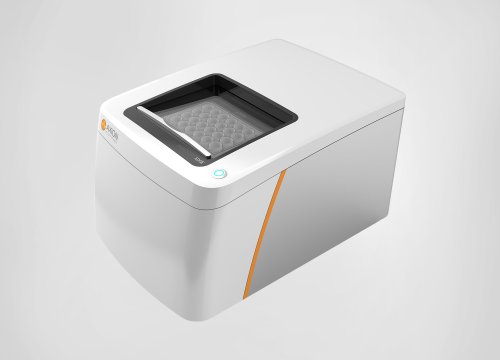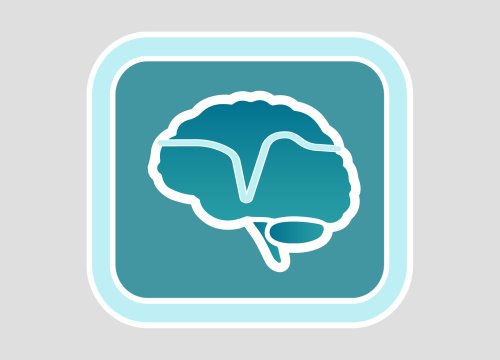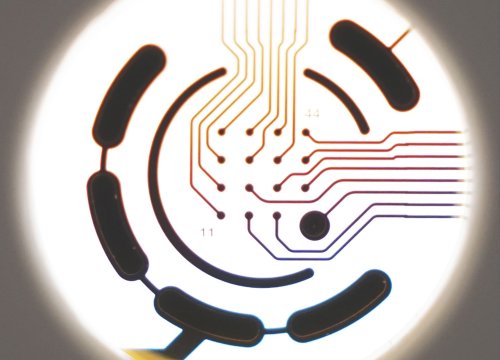Meng Q, Zhang W, Wang X, Jiao C, Xu S, Liu C, Tang B and Chen C.
Translational psychiatry, 2022
Summary:
Human forebrain organoids that recapitulate “key features of human brain development” provide promising platform for autism spectrum disease research.
Research has shown that in utero exposure to valproic acid—a medication used to treat epilepsy, migraine, and mood disorders—is associated with an increased risk of autism spectrum disorder in offspring, but this link is not fully understood. In this study, scientists examine the effects of valproic acid exposure on human forebrain organoids generated from two human induced pluripotent stem cell (hiPSC)-derived lines.
To explore neural activity in the forebrain organoids in vitro, the researchers used Axion’s Maestro multielectrode array (MEA) platform and found that exposure to valproic acid disrupts synaptic transmission. Other testing demonstrated that valproic acid exposure affects the expression of genes associated with autism spectrum disorder. Taken together, these results reveal additional insights into the effects of valproic acid in the brain and establish human forebrain organoids as an important model for studying autism spectrum disorder.


